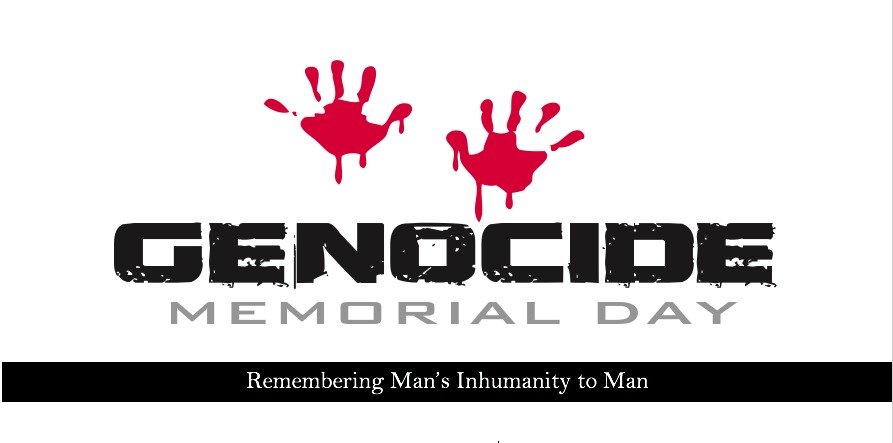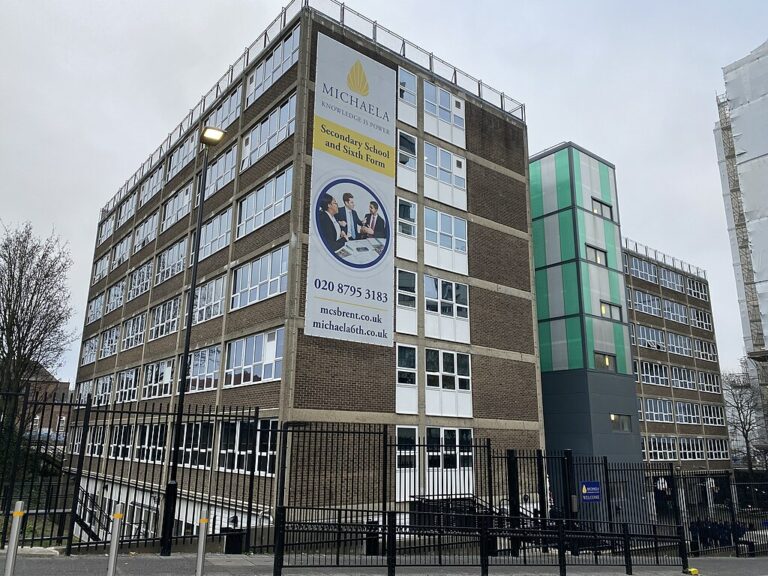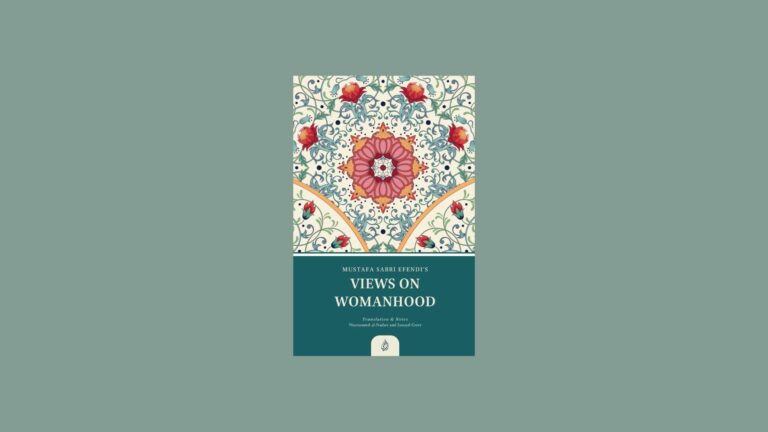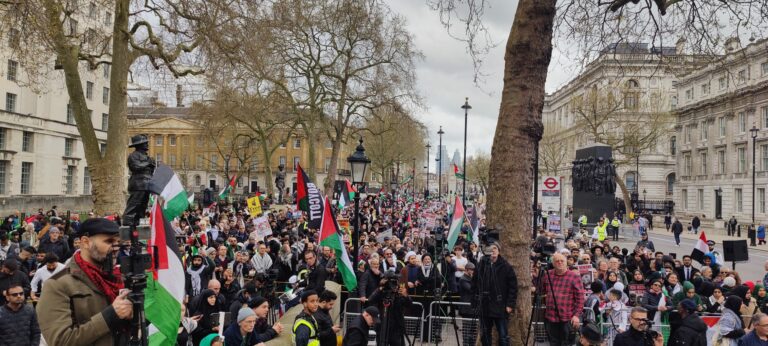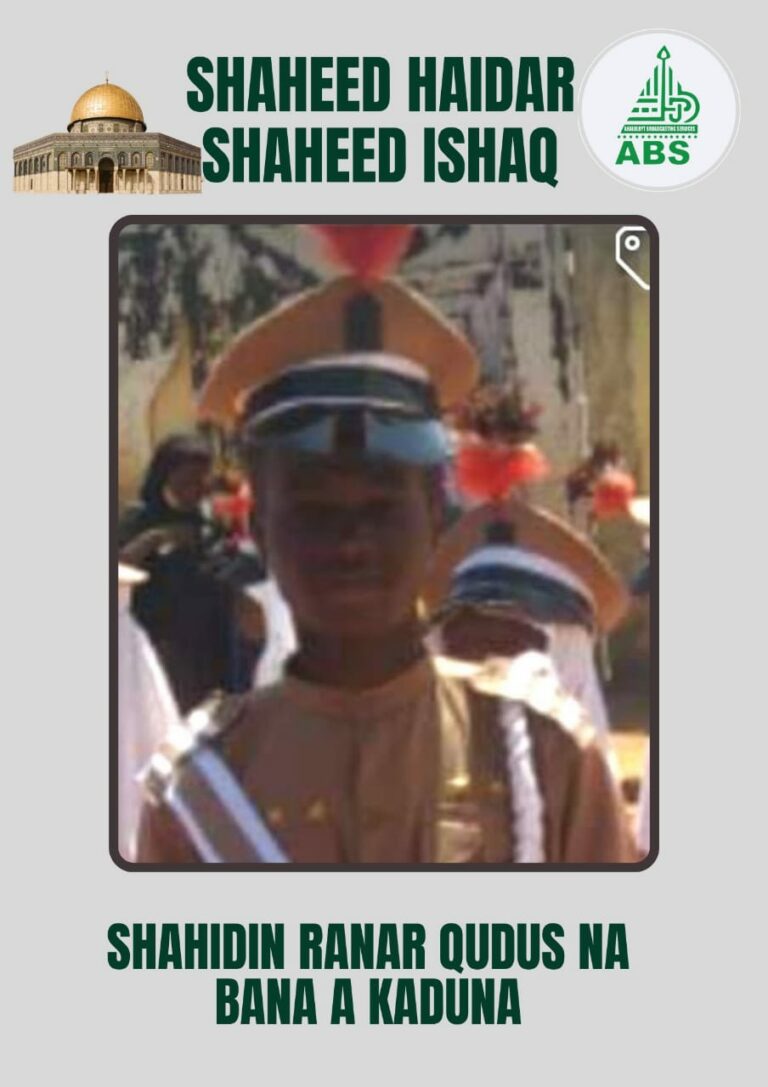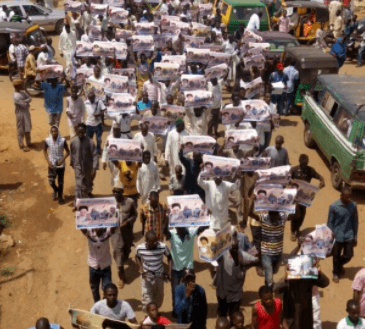Read a comprehensive report of the event and watch the videos and see photos of the event on this page.
GMD’s annual event took place for the eleventh consecutive time on 19 January 2020 at the P21 Gallery in London. The philosophy of Genocide Memorial Day is to remember “man’s in humanity to man” through raising awareness of genocides and genocidal acts that have taken place and are still taking place around the world.
This year’s theme was ‘Genocide through Sanctions’, focusing mainly on how economic sanctions in Iran and Venezuela, contribute towards genocides against developing world peoples.
The event was attended by numerous activists, academics and professionals who all came together in concern for the way that the United States is leading a campaign of boycotts and sanctions that are killing millions of people around the world.
The conference commenced with a wondrous recitation of verses from the Quran by Syed Wajahat Ali, followed by a translation read by IHRC’s Fatima Merchant.
Chairing the panel was Nargess Moballeghi, a journalist, writer and producer. Moballeghi provided a brief introduction about the importance of commemorating Genocide Memorial Day event on the third Sunday of January each year.
The first session featured lecturer Saeed A. Khan and Professor Abbas Edalat. Khan is a Senior Lecturer in the Departments of Near East & Asian Studies and Global Studies at Wayne State University- Detroit, Michigan, where he teaches Islamic and Middle East History, Politics and Culture and Global Issues. His primary area of research is the identity politics of Muslim diaspora communities in the US, UK and Europe. He is also Director of Global Studies and a Fellow at the Center for the Study of Citizenship.
Khan started his lecture by talking about “the weaponization of victims through the politicisation of genocide in a way that exploits victims for some currency in broader geopolitical transaction”. He referred to the Armenian Genocide as a classic example of the weaponization of genocide in the United States.
Khan referred to the “political hypocrisy” when genocide is perpetrated by state actors. He said, “state actors commit genocide and exempt themselves from both, the accusations of committing genocide as well as their categorical legal obligation to prevent genocide and to punish genocide according to the 1948 Genocide conventions. Furthermore, “the issue of genocide assumes a far more fundamental level of sovereign depravity – It is the state status as semantic arbiter that makes this highly problematic. They can erase a crime just by redefining the offense or simply by calling it genocide by another name. It shows how fluid the term genocide is and how selectively deployed it is oftentimes, for geopolitical realities but more often for political and economic avarice”. He concluded his lecture saying that genocides are “one of the big challenges facing us today” and therefore, we have to address them effectively and resist becoming “unwittingly complicit”.
The first panel concluded with Abbas Edalat, a British-Iranian academic who is a professor of computer science and mathematics at the Department of Computing, Imperial College London. In 1998, he founded the Science and Arts Foundation which provided several hundred deprived model schools in 17 provinces in Iran for the first time with computer and internet sites and promoted project-based learning using the Web. In 2005, he founded the Campaign Against Sanctions and Military Intervention in Iran (CASMII) to oppose US led war drive against Iran with branches in the UK and US. Edalat is also a social and political activist and researcher.
Professor Edalat began his presentation by claiming that there is an important precedent for the current US economic warfare against nations which is usually ignored. That precedent is the siege of Leningrad, where the Nazi regime implemented its policies of extermination. He said, “the defeat of Imperial Germany in WW1 and the humiliation of Treaty of Versailles were at the roots of rise of Fascism and Nazi genocides” He highlighted the idea that US economic warfare “on various countries in the past few decades is just a modern version of this genocide committed against Russian people”. Professor Edalat focused his presentation on sanctions in Iran. He claimed that “the most consistent aggression of the United States in the past 40 years has been against Iran”.
“What is absolutely clear is that the United States is the most aggressive violator of the nuclear non-proliferation treaty (NPT) because not only has it not negotiated in good faith for its nuclear disarmament which is required by article 6 of the treaty but for quite a number of years it has even openly threatened pre-emptive nuclear use of nukes against non-nuclear states”. He addressed how Trump administration, propped by neocons like Israel, Saudi Arabia, UAE imposed crippling sanctions on Iran to get rid of the Islamic Republic of Iran and cause pain and suffering to the population of the country.
Sanctions were designed to break the resistance of the Iranian people who by relying on their Islamic faith they have been standing up to US hegemonic bullying practices for the past 40 years so, we can consider Trump’s regime not just as an American supremacist regime but also combined with that, a white supremacist rogue state. Furthermore, Professor Edalat reflected on the complicity of the EU powers with US sanctions on Iran. He said, “these EU countries have been bullied by the United States to be complicit in the genocidal policies of the United States against the population of Iran”. He concluded his presentation with a clear message: “we should demand, all people of conscience should demand from the International Criminal Court that the United States for its economic warfare against various nations should be brought in the court in absentia if possible, if needed, if necessary so, justice can be done against the perpetrators of genocide”.
After Professor Edalat’s presentation, attendees were given the chance to discuss with both speakers some of the issues raised in the session.
Before the break, Mizanur Rahman an activist and a spoken word artist performed a powerful poem titled ‘Stolen’ which wrote for the charity War Child UK. Click here to read his poem.
Nargess Moballeghi introduced the last speaker of the afternoon, Ramon Grosfoguel. Grosfoguel is a Puerto Rican sociologist and associate professor from University of California, Berkeley. He is one of the leading decolonial thinkers in the world today and recognized for his work on decolonization of knowledge and power, international migration and political economy of the world-system. He has been instrumental in setting and working in decolonial projects including the Decolonial International Network, and the Center of Study and Investigation for Global Dialogues. Professor Grosfoguel focused his presentation on sanctions in Venezuela. He listed some key points to introduce his speech as follow.
- Sanctions kill innocent people.
- Sanctions are used by imperialist countries to punish those countries, nations and communities that challenge their abusers, domination and exploitation. It is a tool used to destroy resistance.
- Sanctions have a long colonial history. These methods of controlling food access, medicine access and so on over populations is an old method used in colonial enterprises.
- The Nazis’ methods included colonial rule.
He also spoke about the corruption at the centre of the United Nations and the double standard that this organisation uses for those countries who commit genocides and those that are suffering economic warfare. Professor Grosfoguel said, “we are now in a moment of imperial piracy”. With this description, he explains the situation faced by Venezuela. He explained that the model that the United States employs as a mechanism of punishment for anti-imperialist resistance in Venezuela, is the mechanism of hyperinflation. Hyperinflation makes access to food and medicine very difficult because their prices shoot up. He explained that one of the laboratories of these mechanisms was the coup d’etat against Salvador Allende in Chile in 1973. The aim is to create discontent among people that suffer from lack of food and medicine to make them react against their governments.
Professor Ramon did not want to end his presentation without remembering the importance that Hugo Chavez had on the Venezuelan population. He said that these mechanisms do not work in Venezuela because “there was a popular pedagogue whose name is Hugo Chavez who did popular pedagogy for fifteen years with his people and if you go to Venezuela today everybody knows who is at the root of the suffering they are going through and they know where are they come in for”.
Mizanur Rahman announced the winners of the annual poetry competition for children ages 11-18. All judges were impressed by the creativity, emotion and potential of the students and stressed the need to continue with activities and events of this sort in order to teach young people about past and ongoing genocides.
Emily Gadd was the winner of the first prize for ‘Holocaust’. She won an all-expenses paid trip to Bosnia with an accompanying adult. The second and third prizes consisted of a £50 and £25 IHRC bookshop vouchers, and the certificates of achievement which were awarded to Imad Ahmed for ‘Their hate’ and Athisham Husain for ‘We are not the same’, both from Upper Batley High School.
The winner of the 2020 school prize was for Upper Batley High School, a secondary school located in West Yorkshire. The prize consists of a screening of the IHRC documentary ‘Forgotten Genocide’ with a Question and Answer session with the film’s producer, Arzu Merali.
Before the event came to a close, Fatima Merchant -IHRC’S volunteer co-ordinator- read out the different genocides that have happened across the globe. This was followed by a one-minute silence to remember those who lost their lives. This part of the event has become a regular feature but hearing it every year does not lessen the impact.
IHRC Chair Massoud Shadjareh concluded the conference by thanking the attendees, volunteers and staff for their efforts to make possible this annual event. He said to the audience that “one of the reasons that we organise this event is to actually destroy this concept of a hierarchy or exceptionalism of suffering among genocide victims. There are many who are victims and they need to be recognized”. Shadjareh closed his speech with a clear message to the United Nations: “we have to tell the United Nations that you have to stop war, to stop suffering of people and that you cannot approve sanctions against people and kill innocent people”.
Genocide Memorial Day has been effective and has contributed to shift the narrative around the Holocaust. We have to remember that other minority groups were killed as well as Jews. In an article published by Huffington Post, Loise Ridley explains that “historians estimate the total number of deaths to be 11 million” and “half of the victims who weren’t Jewish were Polish”. For the Genocide Memorial Day project, the act of remembrance is not limited by the background of either the victims or the perpetrators of any of the genocides. It aims to raise awareness of genocide in order for new generations to understand the causes and recognise the warning signs of such atrocities.
In the run up to this year’s event, IHRC received a racist email from one Zionist individual protesting about the equation of genocides with the Holocaust which now sadly seems to be the basis of a Jewish Chronicle hatchet job on IHRC and the Genocide Memorial Day project. You can read here the open letter that IHRC has sent to the Jewish Chronicle to complain about their reporting of Genocide Memorial Day’s school resources. At the same time TES, an open source resources site, has removed IHRC’s teaching material without giving us a clear and fair response to this issue so far.
GMD events have taken place in Amsterdam, Geneva, Brussels, Malaysia and Mexico.
You can find an album of photos from the day here.
View them below as well.
You also can watch all the videos on IHRCTv on YouTube.

